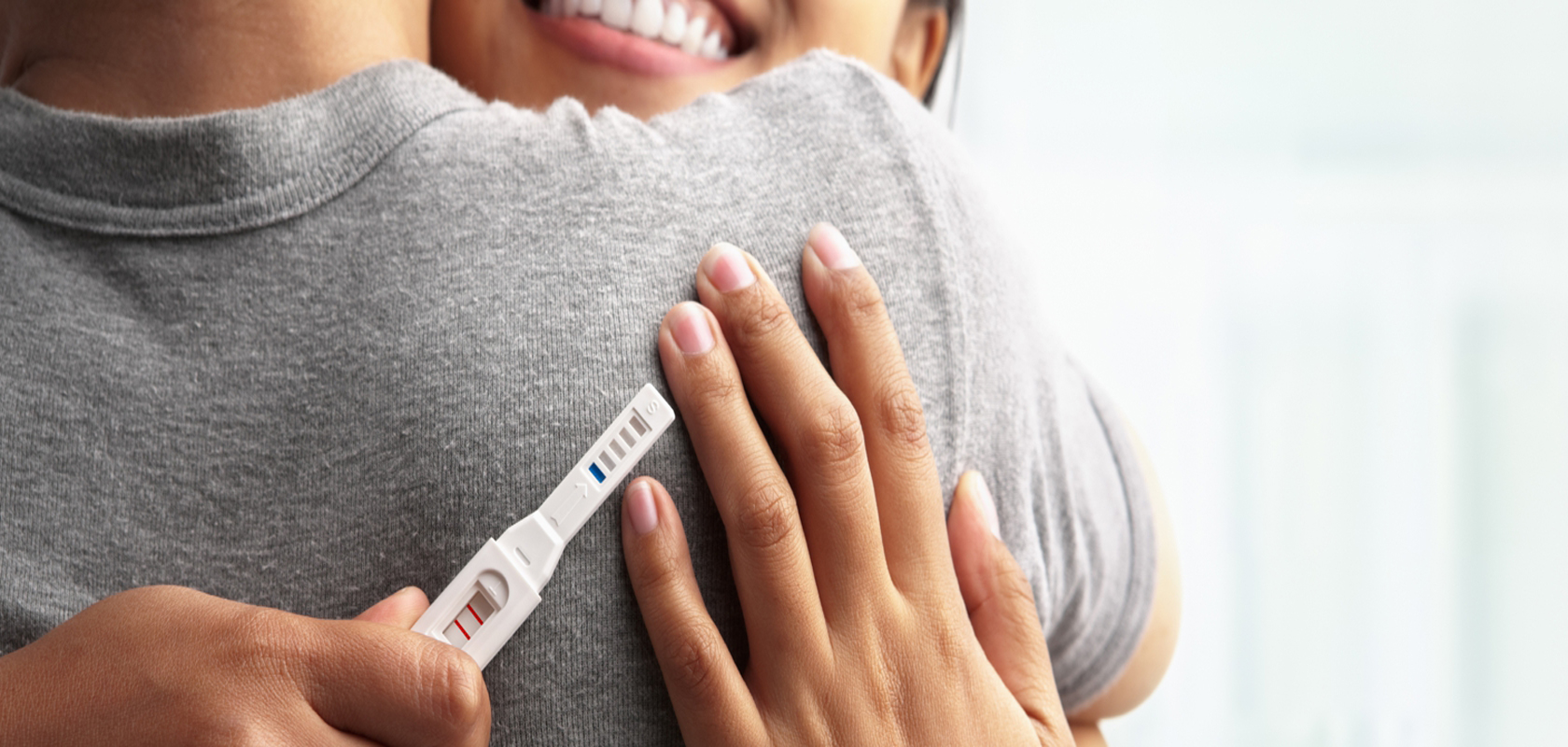- Shriji Complex,Sonkh Adda,Dampier Nagar, Mathura
- +91-9457126888, 8449714305
- consulthomoeopathy@gmail.com
Infertility
no success to get pregnant

Infertility is defined as trying to get pregnant (with frequent intercourse) for at least a year with no success. Female infertility, male infertility or a combination of the two affects millions of couples. An estimated 10 to 18 percent of couples have trouble getting pregnant or having a successful delivery.
Infertility results from female factors about one-third of the time and male factors about one-third of the time. The cause is either unknown or a combination of male and female factors in the remaining cases.
Female infertility causes can be difficult to diagnose. There are many available treatments, which will depend on the cause of infertility.
Signs and Symptoms
The main symptom of infertility is the inability to get pregnant. A menstrual cycle that's too long (35 days or more), too short (less than 21 days), irregular or absent can mean that you're not ovulating. There may be no other outward signs or symptoms.
Your doctor may also want to begin testing or treatment right away if you or your partner has known fertility problems, or if you have a history of irregular or painful periods, pelvic inflammatory disease, repeated miscarriages, prior cancer treatment, or endometriosis.
Each of these factors is essential to become pregnant:
- You need to ovulate
- Your partner needs sperm.
- You need to have regular intercourse
- You need to have open fallopian tubes and a normal uterus
For pregnancy to occur, every step of the human reproduction process has to happen correctly. The steps in this process are:
In women, a number of factors can disrupt this process at any step. Female infertility is caused by one or more of the factors below.
Ovulation disorders
Ovulation disorders, meaning you ovulate infrequently or not at all, account for infertility in about 1 in 4 infertile couples. Problems with the regulation of reproductive hormones by the hypothalamus or the pituitary gland, or problems in the ovary, can cause ovulation disorders.
- Polycystic ovary syndrome (PCOS)
- Hypothalamic dysfunction
- Premature ovarian failure
- Too much prolactin
Damage to fallopian tubes (tubal infertility)
Damaged or blocked fallopian tubes keep sperm from getting to the egg or block the passage of the fertilized egg into the uterus. Causes of fallopian tube damage or blockage can include:
- Pelvic inflammatory disease, an infection of the uterus and fallopian tubes due to chlamydia, gonorrhea or other sexually transmitted infections
- Previous surgery in the abdomen or pelvis, including surgery for ectopic pregnancy, in which a fertilized egg implants and develops in a fallopian tube instead of the uterus
- Pelvic tuberculosis, a major cause of tubal infertility worldwide
Unexplained infertility
Sometimes, the cause of infertility is never found. A combination of several minor factors in both partners could cause unexplained fertility problems. Although it's frustrating to get no specific answer, this problem may correct itself with time. But, you shouldn't delay treatment for infertility.
Prevention
If you're a woman thinking about getting pregnant soon or in the future, you may improve your chances of having normal fertility if you:
- Maintain a normal weight
- Quit smoking
- Avoid alcohol.
- Reduce stress.
- Limit caffeine

